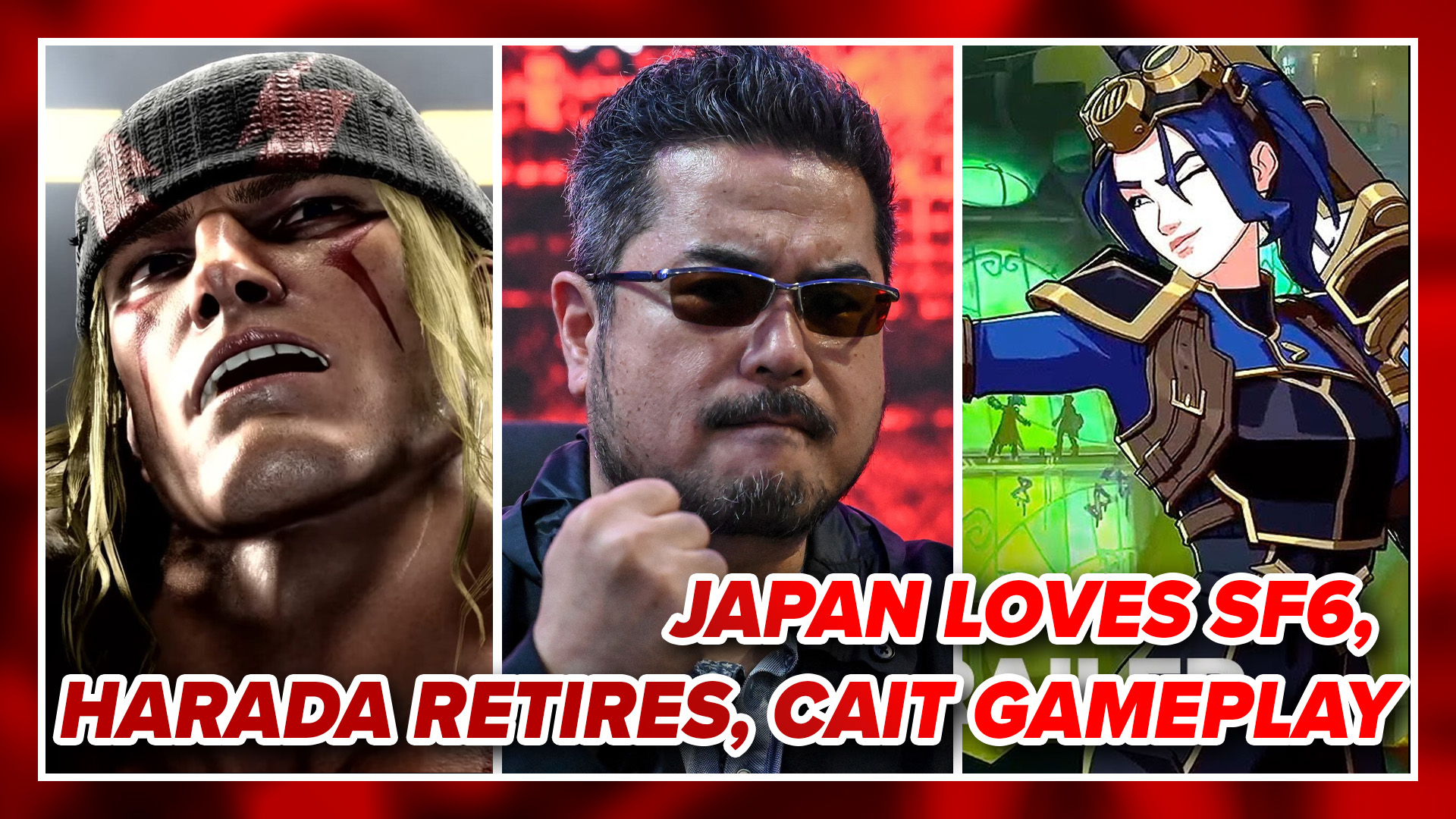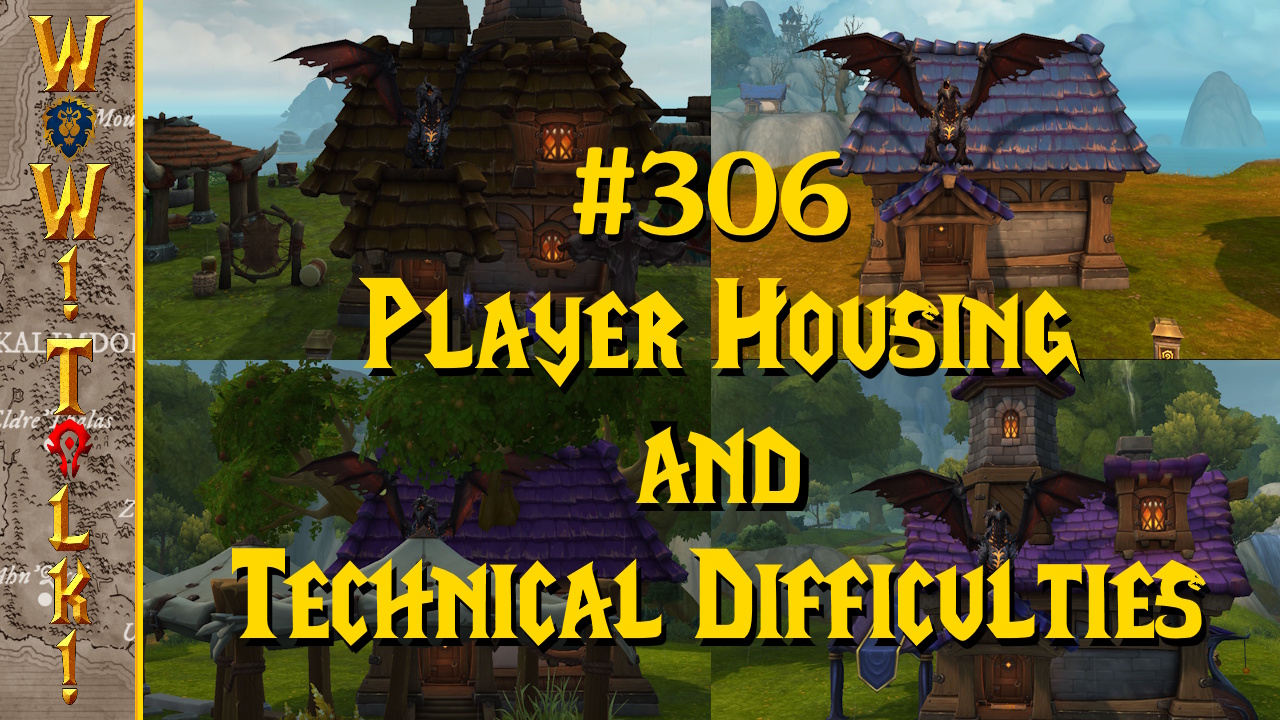Some interesting stuff sure shook out of the woodwork during the past week, and I think it’s great.
People need to know that Lauren Wainwright was writing reviews for Square Enix games while working for the company itself. It’s calling the entire industry into question over things like getting review copies and special perks or products in exchange for good reviews. Whether explicit or secret, these arrangements really make you wonder about the guys who write all of the reviews you read. Who can you trust? Can you even trust me? Is this an elaborate ruse to gain your trust? Only me and my corporate sponsors will ever know.
In all seriousness, I think this is fantastic. There really isn’t any point where you shouldn’t question the things that a game reviewer, or really anyone, tells you. People will always, always have some pre-existing prejudice or bias toward things even when you can’t call their integrity into question. Really, would you even read a sports game review that I wrote? It seems to go without saying, but you really need to do some research into people to know more about how they might come to a certain opinion.
That’s not even including the times when the corruption comes from the people in charge. If you remember back to the Kane & Lynch release, you might recall how Jeff Gerstmann (now of Giant Bomb) lost his job at Gamespot after giving the game a bad review when the site was practically drowning in advertising for it. Last I checked, the site is still in existence and people somehow still take their reviews seriously. This is just the stuff we know about, too. How much of this goes on in the background that we never know about?
Even if you don’t see something as extreme as a reviewer getting fired over a bad review, that pressure is still there. When you see a site covered in ads for a game, even if the reviewer is willing to give a bad review for the game you can bet that there’s going to be some hesitation. Is the reviewer risking the precious ad revenue that his/her site needs to keep going? Is the reviewer risking the site’s ability to receive news and review copies? Even someone who might want to do the right thing could be worried about what would happen to their site as a result of what they did, and that’s with no pressure from above.
What if there is some, though? How hard is it for a site to start cutting down on the workload that they give a certain reviewer or editor after he burns a game company that they were working with? Back when I worked in a drug store, instead of firing people the boss didn’t like he would just cut down on their hours until they were working so little that they quit. The same could easily be applied here, with review copies and press releases drying up while the reviewer is constantly told that there just isn’t much work for him/her right now. Without doing anything as overt as letting someone go, these sites and magazines can easily cut away at someone’s work until they have no choice but to leave.
That couldn’t work for the big name reviewers on a site, could it? When one of them moves away from the site, people will notice. Well, we all still live and die by our reputations and resumes in this industry like any other, and having a black mark on your resume from a large gaming site can easily make it impossible to get hired by another one. If it becomes known that you won’t play ball with the big game companies, who’s going to want to hire you? Sure, if you leave on bad terms by standing behind a bad review some site might pick you up due to your newfound fame, but people are fickle beasts. They forget things in a hurry. If they didn’t, why is Gamespot still in the review business? Short of starting up your own site after getting the boot there’s not a lot that even the biggest names in game journalism can do.
And if you do start up that new site, what are you going to do with no big game companies backing you? Where is all the money going to come from? Even if you do manage to get the money you need to start the site, you’ll need more money to get review copies since the companies won’t be willing to provide any for you. There’s also the added fun that you’ll only be able to get your reviews done on the same day that gamers have the games in their hands, making them pretty late as far as game reviews are concerned. That doesn’t edge them out of the game entirely if the reviewer has a following, but it does start the site off in a bad position. Giant Bomb may be doing quite well these days, but it’s an exception rather than the norm.
There’s plenty of simpler problems as well. There’s just the fact that if the reviewer is any kind of decent human being, he/she might have feelings of gratitude over receiving a review copy of a game. It’s a gift, isn’t it; and there can be a feeling of guilt over throwing a gift in someone’s face by saying you hate it. Not everyone will feel this way, but during my first few months working on reviews I have to admit that I felt that guilt a few times. I could imagine teams of dedicated men and women who’d spent months and years on the game sitting in their offices waiting to hear some good news about their game. After giving me the fruits of their intense labor I dump all over it. It can weigh on the conscience at times, but it’s something I push aside in favor of doing my job right. My job is to keep you guys informed, and while this can make me feel twinges of guilt at times, my duty is to you readers and not some development team.
There’s not a lot of money in this kind of work (or even any at all most of the time), and the temptation to slip into some company’s pocket can be great for people who might not even want to do it. When you’ve got rent and groceries to pay for and you’re writing about video games for a living, it’s hard to turn down the kind of money these companies can throw at you just to look the other way. Is it really a big deal to let a game or two slide if it lets you do continue to write about video games for a living? It’s only a game or two, and in doing so will let you chase your dreams. What’s the harm?
It’s also hard to turn down the goodies that come along with the job. The review copies and collector’s editions aren’t as overt a form of bribe as there can be, but you could easily argue that they do have an effect on the reviewer. The stream of free stuff that you can get as a form of thanks from these companies can be pretty tempting, possibly to the point of making you want to skew that review a little higher just to keep up the good will. You might not even be thinking about it unless you’re consciously watching yourself, but this sort of thing can and does happen.
This is all assuming the journalist/reviewer has some integrity, too. I doubt it will surprise much of anyone, but there are lots of people out there who are looking for ways to sell out. Many people try to break into this line of work for the free games and other perks. If they have some talent for the writing and no qualms with taking bribes, then a writer with a little bit of sneakiness and know-how could easily become a corporate shill. Take the recent incident with Square Enix having its games reviewed by Lauren Wainwright while she was under the company’s employ. Yes, Deus Ex was good, but would you really trust a review about it that came from someone who worked for Square Enix?
So what can be done? Can you ban review copies? Well, that makes it hard for websites that are just finding their feet to get a good start on things. Besides, if you have any faith in your games then you should want as many people as possible to talk about it. You could cut advertising revenue from sites, but would you rather see ads for deodorant or video games on a gaming site? Those ads also make up just about all of a site’s income, so the ability to pay any quality writers comes directly from being willing to advertise. As for cool stuff and rewards, it’s another way of getting the reviewers talking about their products, and you really need any leg up you can get in the gaming market.
You can’t just blame the game companies for this, either. Yes, a lot of it is pretty dishonest stuff, but what company is going to want to waste money on getting a bad review? What value is there to them in handing a game over to a reviewer that’s known for cutting their games to shreds? Why would you funnel advertising money into a site after having it talk about how bad that particular game is? It doesn’t make much sense from a business standpoint. You could say that it is necessary to do so the company’s games can be trusted, but given how many movie games get released every year I honestly doubt that a lot of game companies care much about trust. Their job is to get games sold, and they’ll do anything to do that job right. It makes for a bad system overall, but what can you do?
Something, as it turns out. Like I said before, you shouldn’t trust any reviewer (myself included) implicitly. Look at things like how well their sites or articles are doing. Popularity isn’t necessarily a gauge of crookedness, but these people are more tempting targets for big game companies. Look for any disparities between their reviews and those of other gaming sites that you know and trust. Watch what the reviewer is willing to gloss over and think about whether this is a divergence from something that would normally bother them. If bad play control is something that grates on a particular reviewer most of the time but gets a pass in a single game, question their motives. Watch for huge differences between their reviews and the reviews of other sites, too. It might actually mean that they’re the one person in the industry who’s telling the absolute truth, but it can sometimes mean the opposite as well.
The main thing you should be doing is scrutinizing every review and reviewer. Really, you should question the motives about anyone that’s trying to tell you anything. Every single one of us is a human being that’s vulnerable to the temptations and pitfalls around us. The person you thought was honest one day could be bought the next, or working for someone that’s been bought. Watch what these people do, and check several places to see what the larger consensus is. Even when telling almost outright lies, you can often still see the bits of truth that form the backbone of each review. Often they’ll all be saying similar things and only disagreeing on the degree to which they bother or delight the reviewer. Look at them deeper and question everything.
It’s very, very hard to trust people in this industry, but that doesn’t mean that there aren’t people out there that are worth listening to. It’s up to you to figure out who those people are, as no one is going to help you find them. I spent a lot of time picking out the reviews that I wanted to listen to as I often found that reviewers were an opinionated lot that didn’t like anything that didn’t jive with current trends. I started working with Mash Those Buttons because they seemed to be working firmly from the other direction. We embrace the bold and the weird here, but again, that’s not something I’d want you to take my word for. Look around and see for yourself. That’s what I did, and I’m perfectly comfortable with myself and every review I’ve written.
If you feel you have any reason to call that into question, though, do it. Please, please do it. Game journalism is something that needs intense scrutiny if it’s going to grow to its full potential. Once people realize there’s no hiding their dirty deeds you just might start to see them fade away. With a bigger push for honesty from you readers, you’ll see a dramatic change in how this industry does business. You are the linchpin, though. The only time you’ll see complete honesty from this industry is when you question us and keep us honest. It’s your voice that will keep us on the straight and narrow. It’s your respect that we hope to earn.
We are striving for that here, but you’re the only ones who can tell us if we’re succeeding or not. Your hits and involvement show us that chasing honesty and integrity in this industry is worthwhile, and we really do thank each and every one of you for convincing us to keep following this shared dream. Keep up the good fight, guys, and we’ll be right there with you.
Images courtesy of epicgames.ru, eurogamer.net, neogaf.com, botherer.org










